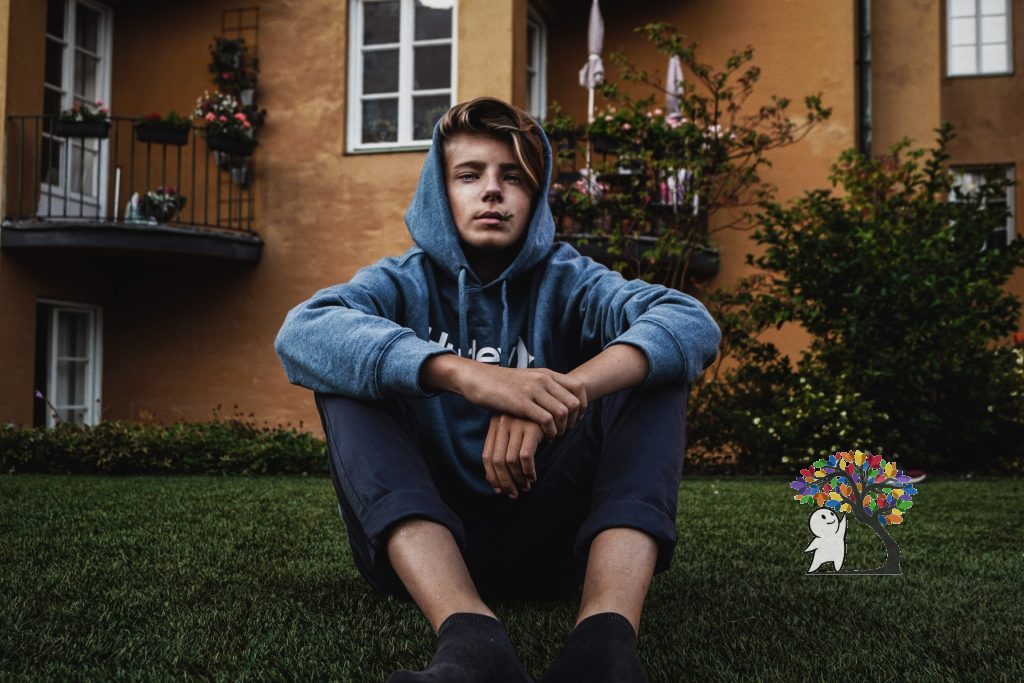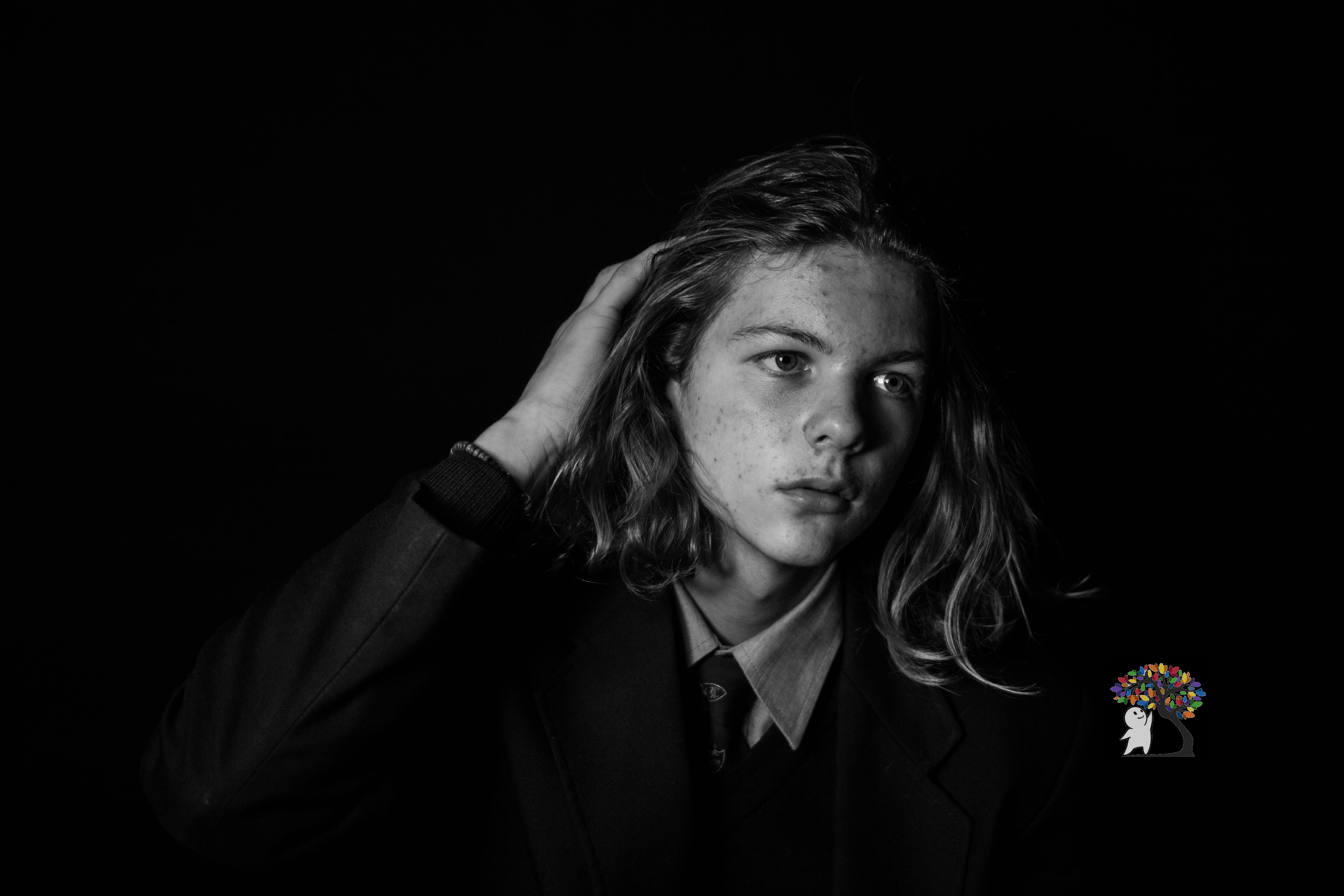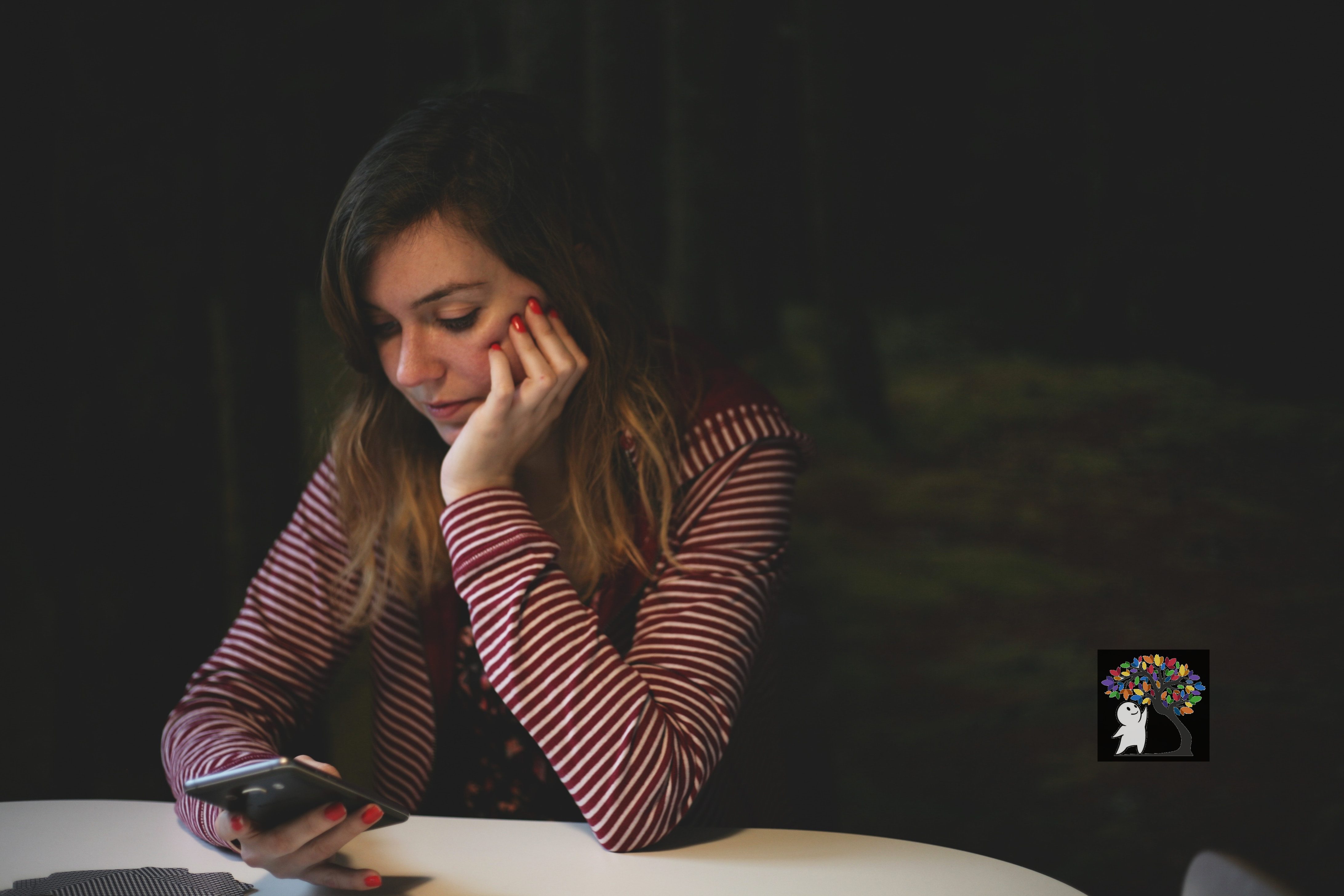How U.K iGens View Mental Health

The U.K has a very diverse view on mental health. Some people believe it’s a serious problem and needs more funding and staff to help people. Others believe this to be untrue, and don’t view it as a serious problem. I wanted to know if this was a generational divide or simply peoples’ opinions regardless of age. This is my fifth and final article covering this subject. Previously, I interviewed the Greatest Generation (born before the end of WW2), Baby-Boomers (born between 1946-1964), Generation X (born 1965-1979) and Millennials (born between 1980-2000) to find out their opinions on mental health in the U.K.
In this article, I am interviewing the generation that followed the Millennials – iGeneration. The iGeneration are born in the year 2000 and onwards. These kids have been raised in a society where the mental health conversation is prevalent. They are able to see both sides of the argument and are generally more aware of the conversations of the world through social media. I wanted to find out if this affected the way they viewed mental health. Obviously these two interviewees aren’t representative of a whole generation, these are just their thoughts on the matter.

Is the topic of mental health something you have heard a lot about in the news/social media?
Madie Osborne, 13 – Yes, more recently on the news. And a lot of celebrities are talking about it.
Rachel Keen, 15 – Yes, it’s something I’ve heard more about in more recent years. I see it more on social media than on the news.
Do you think speaking up about mental health is seen as a positive or negative thing?
Madie – I think it’s a positive thing because it would be accepted more in modern day society and people with mental health issues wouldn’t feel like they don’t fit in.
Rachel – Definitely positive. The more people talk about it, the more likely others are to speak up about their problems.

The mental health conversation has been very active in recent years. Do you think this has affected the way your generation thinks about emotions like anxiety?
Madie – Yes, I think it has made us more aware of these things and has taught us not to ignore your emotions.
Rachel – Yes, I think it has highlighted that many people suffer from emotions such as anxiety and that speaking about it is okay and can help.
Do you think talking about mental health more has helped people better understand it?
Madie – Yes. I think now that more people know about it. there’s more people that are capable of helping someone they know if they are suffering from mental health problems by just looking on a website or googling their concerns. There are also more websites or blogs that you can go onto to get some information about mental health because more people talk about their struggles.
Rachel – Yes. I think most people have a better understanding of mental health now and can see how many people it affects, although there are still quite a few people who still see it as a bit of a myth.

Has social media influenced the way you think about mental health. For example, has it made the topic feel like less of a taboo?
Madie – I think mental illness is a lot less taboo and I feel like I can talk about it freely without being scared. Also, social media has helped with this because it’s helped spread the word about different peoples’ struggles which has made people realise that if you have a mental illness, then you’re not mad or weird. You’re still just like everyone else.
Rachel – Social media has helped me see how many people actually suffer from mental health issues and that there are actually a lot of people who want to help those who suffer and want to gain a better understanding themselves.
From these responses, it’s clear that the youth of today have a clear understanding of mental health and feel comfortable talking about it. This shows that over the last 70 years, society’s view on mental health has changed dramatically. And for the better.
Edited by Viveca Shearin




Responses